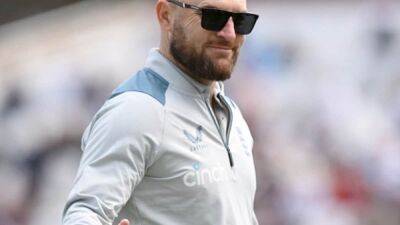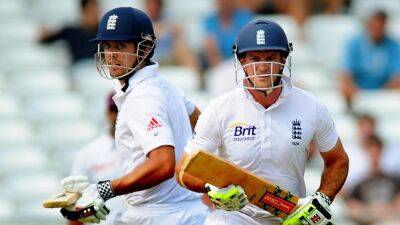Private-school barrier? Australia’s Test cricket team is scarcely more blue collar than England’s
It’s not unreasonable to associate cricket with English elitism: the posh English schools of the 19th century played a significant role in the expansion of the game and British imperialism. Elite school cricket was and still is a major part of the Establishment.
The longest continually contested game in any sport is the annual Eton v Harrow cricket match, which began in 1805 and had a slot at Lord’s every year until 2022. There is a record of Westminster playing Charterhouse in 1794, and Winchester has played Eton and Harrow since 1825. These games have always been more than sport. The historian J.A. Mangan has documented the relationship between games such as cricket, the Victorian public school and its role in imperialism. “Cricket was the pre-eminent instrument of moral training,” he wrote.
Naturally, when Australians look at English teams, they notice the significant representation of the privately educated, from Harris and Jardine to Peter May (Charterhouse) and Ted Dexter (Radley) or Colin Cowdrey (Tonbridge) and Mike Brearley (City of London School) to Andrew Strauss (Radley) and Alastair Cook (Bedford School).
We identified the schools that 228 out of 255 (89%) England Ashes players attended in the post-war period. We classed those who started their secondary education at state schools before switching to a private school (like Joe Root, who moved to Worksop College aged 15) as state-educated, and those who spent the duration of their secondary school careers at independent schools as privately educated. Using this criteria, we classed 33% of England’s Ashes players as independently educated.
The over-representation of private schools is striking – on average in the post-war era they have accounted for only about



